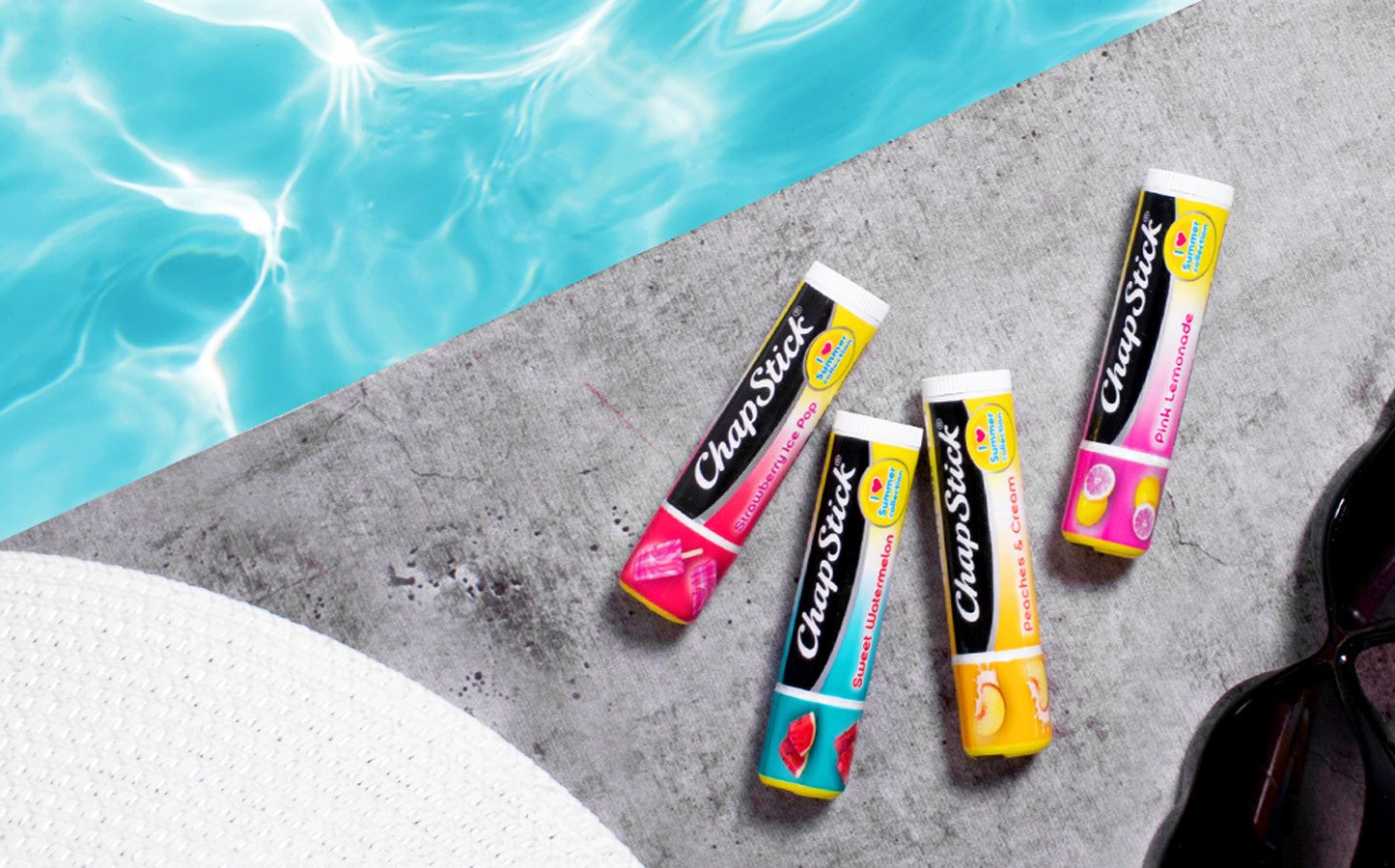
Your lips are skin, too, and need as much care as the rest of your face. Here's what to do. When you're taking care of the skin on your face, you're probably just thinking about your cheeks, nose, chin, and forehead.
You're likely not thinking about the fact that your lips are skin too. But that delicate area does need the same kind of care you bring to the rest of your complexion, including exfoliation, hydration, and sun protection. The problem? Products you use on your face often don't suit your lips. Here are some gentle strategies for taking care of your pout:
Step 1: Exfoliation
A buildup of dead skin cells on your lips can inhibit absorption of hydrating lip treatments, just like on the rest of your face, so regular exfoliating is important. However, lip skin is thin and quite sensitive (if you've ever inadvertently wiped a glycolic peel pad over your mouth, you've felt the sting), so gentle flake removal is the goal. A good bet: a lip scrub, which uses fine sugar crystals to remove flaky skin sans irritation. For best results, apply to damp lips, massage with a fingertip in a circular motion for about a minute, then wipe clean with a wet cloth. Start with once a week, then work it into your routine two to three times per week.
Step 2: Hydration
Lips tend to be dryer than the rest of the face, so they usually benefit from a richer, more occlusive (think: balm) formula, which hugs the skin and stays put. A balm will also act as a barrier, keeping irritants out and moisture in.
Step 3: Sun Protection
Lip skin is skin and thus is susceptible to skin cancer, too. Unfortunately, people often overlook their lips when it comes to applying sunscreen, according to the Skin Cancer Foundation. Use a sunscreen specifically designed for lips, like ChapStick Moisturizer with SPF 15, and apply it every day, even the cloudy ones. Want to wear lipstick? Apply this first, just like how you apply sunscreen to the rest of your face before makeup, then apply lipstick to your heart's content.
Originally published on Shape.com/Strive.

